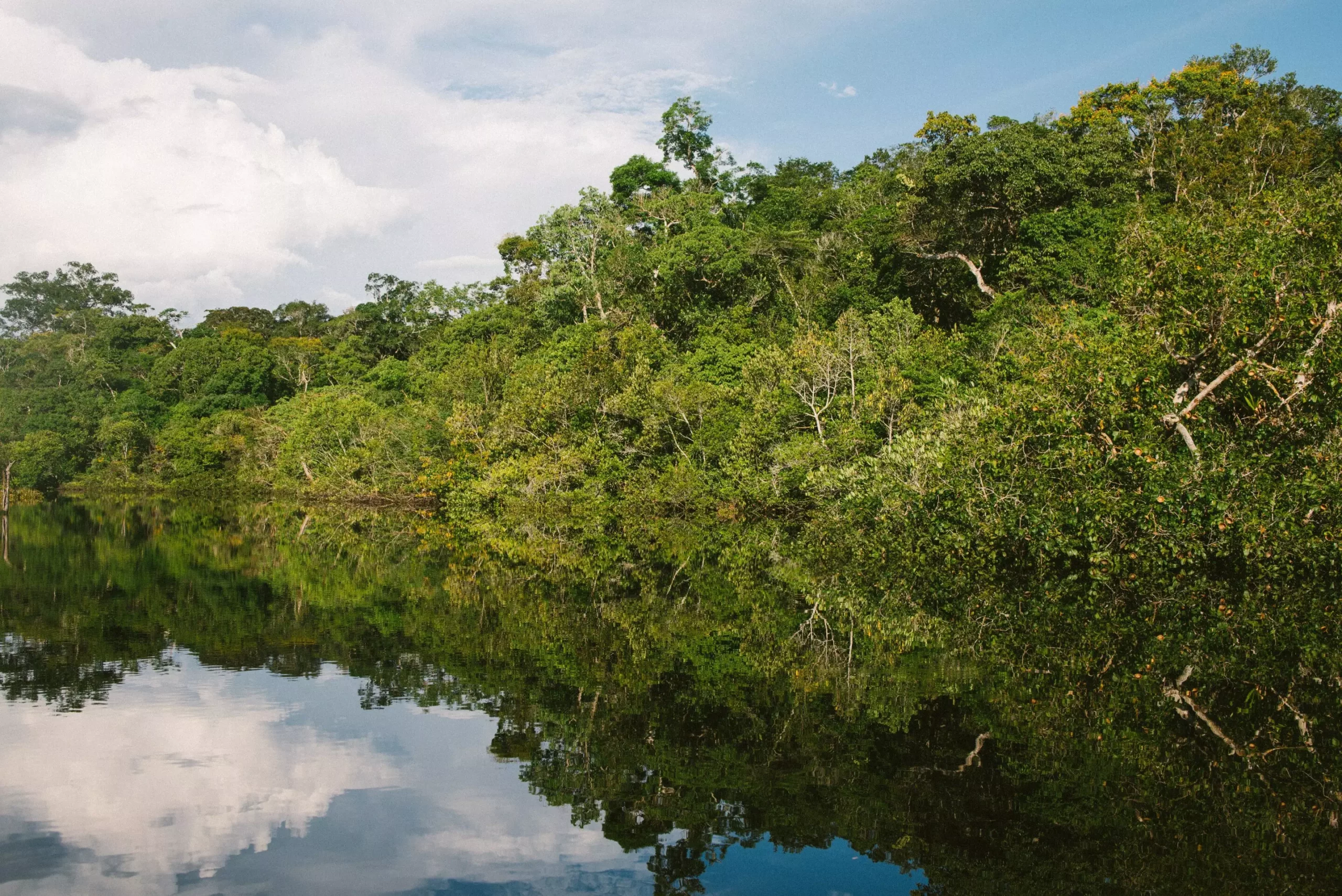Despite efforts to decrease deforestation, uncontrolled wildfires are becoming a major threat to the Brazilian Amazon. In a letter published in Nature Ecology & Evolution, an international team of scientists, including researchers from the University of East Anglia (UEA) and the University of South Alabama, warned of the increasing number of wildfires in the region. They highlighted that the number of active fires in the Amazon reached its highest peak since 2007 in June 2023, with total fire counts for the first half of the year being 10% higher than the previous year.
Dr. Matthew Jones, a Research Fellow at UEA’s School of Environmental Sciences, attributes the rise in wildfires to climate change. He explains that climate change has led to a rise in drought and extreme heat, making the forests more prone to burning. Additionally, deforestation and the expansion of agriculture have weakened the forests’ resilience to drought and increased the frequency of wildfires. As a result, wildfires have become more common and destructive in the Brazilian Amazon.
Previous spikes in fire counts were associated with widespread deforestation, which serves as a primary source of fire and a strong predictor of burned areas. However, deforestation rates have been falling in 2023, with alerts being 42% lower compared to the same period in 2022. While this is good news for the region’s environment, it also highlights a new challenge. Dr. Gabriel de Oliveira, the lead author of the letter, explains that this year’s high fire counts, despite reduced deforestation, indicate a decoupling of forest fires from deforestation. Only 19% of the fires in 2023 were related to recent deforestation, a significant decrease from 39% in the previous year.
The researchers suggest that hotter and drier climate conditions resulting from the 2023 El Niño are exacerbating the wildfire situation in the Amazon, consistent with previous El Niños. Other factors, such as weakened enforcement of environmental laws under President Bolsonaro and the lag effect of deforestation in previous years, are also contributing to the increase in fires. Additionally, landholders may be burning pastures earlier in the dry season in anticipation of a fire moratorium later in the year.
Protecting Forest-Dependent Peoples
It’s crucial to develop effective and equitable fire governance to avoid further marginalizing forest-dependent communities. Dr. Rachel Carmenta, a lecturer in climate change and international development at UEA, emphasizes the need to tailor fire policies to local contexts rather than implementing one-size-fits-all approaches. Indigenous groups, who have historically used fire in their agriculture, are now facing the consequences of megafires caused by large-scale actors and climate change. Dr. Carmenta urges for solutions that consider the needs and perspectives of Indigenous Peoples and traditional local communities.
The authors of the letter call for strong and coordinated international efforts to address the escalating threat of wildfires in the Amazon. While recent initiatives, such as the Belém Declaration, have acknowledged the importance of sustainable development and forest preservation, they have fallen short of making substantial commitments. The authors emphasize the need for continued research and governance focused on fire-safe land management, forest conservation, and transitioning to a sustainable bioeconomy that benefits all Amazonians.
The increasing number of uncontrolled wildfires in the Brazilian Amazon poses a significant challenge to environmental gains made in the region. Climate change, deforestation, and other policy variables are contributing to the rise in fires. It is crucial to develop tailored fire governance strategies that consider the needs of forest-dependent peoples and communities. International cooperation and commitment are essential to address this growing threat and ensure the long-term preservation of the Amazon rainforest.


Leave a Reply